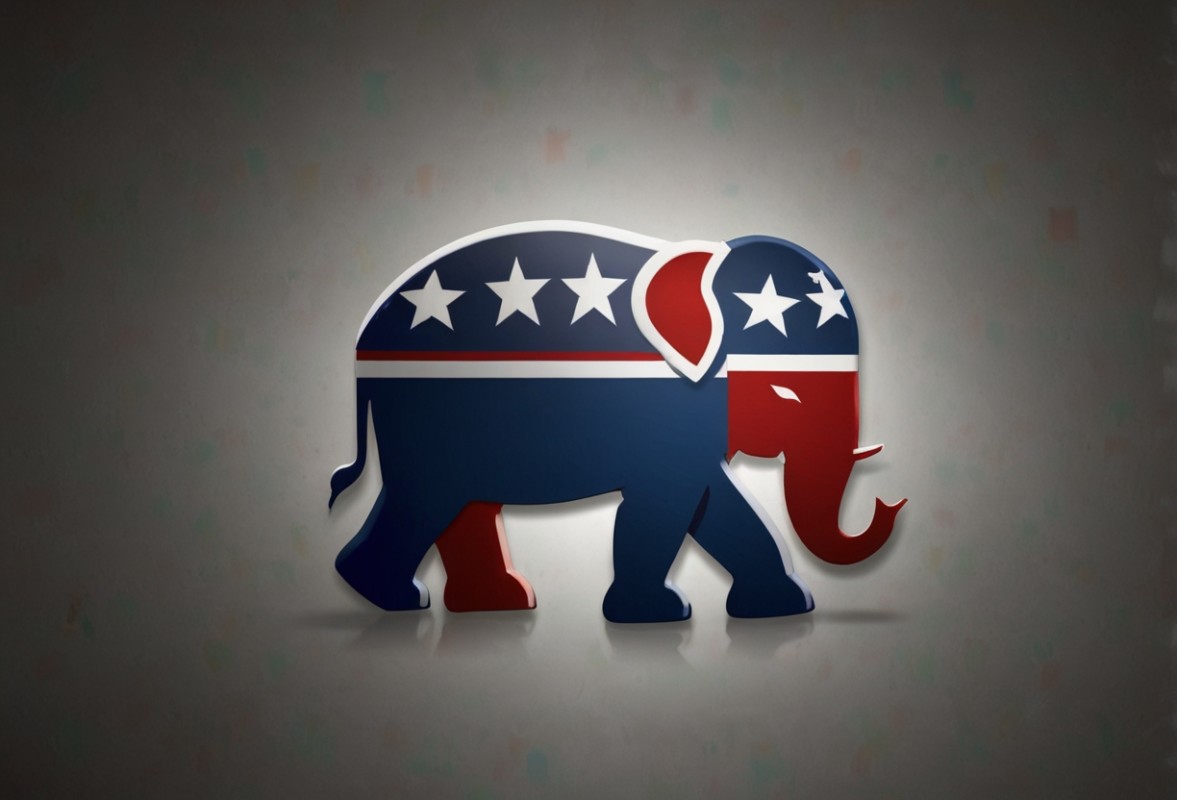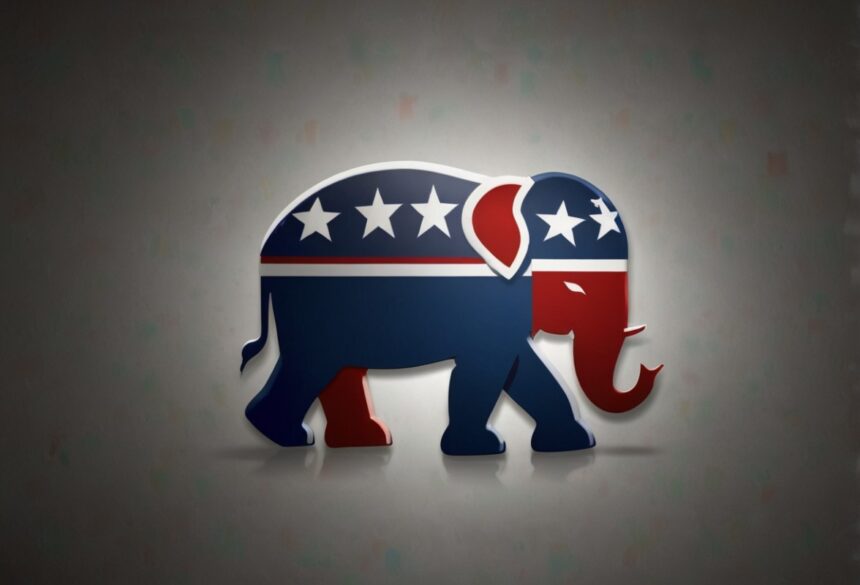
“I am not a fan of Bitcoin or any other cryptocurrency. They are not money and their value is highly unstable and unfounded. Unregulated crypto assets could facilitate illegal activities, including drug trafficking and other illegal activities.”
Thankfully, the official Republican stance has shifted dramatically since President Donald J. Trump denounced the nascent cryptocurrency industry in uncompromising terms in 2019.
Earlier this month, the Republican National Committee adopted an ambitious policy platform aimed at promoting innovation in the U.S. digital asset industry and protecting the rights of Bitcoin holders.
First, the official platform vows that the Republican Party will “protect the right to mine Bitcoin,” which represents a much-needed departure from the current administration’s policies.
In February of this year, the U.S. Department of Energy’s Energy Information Administration (EIA) conducted an “urgent” investigation into bitcoin mining companies, requesting highly sensitive information, such as the specifications of the machines being used, the specific locations of mining operations, and contractual information regarding commercial energy partners. Not only did the EIA request all of this information, it also promised to make public even the most commercially sensitive parts.
This effort represents an unprecedented intrusion into the activities of Bitcoin miners and a major attack on the cryptocurrency industry. It has led organizations such as the Texas Blockchain Council to initiate legal proceedings to defend the cryptocurrency industry’s rights from federal interference. Therefore, the Republican Party’s pledge to “protect the right to mine Bitcoin” is very welcome.
Other encouraging promises made by the Republican Party include: “We will ensure that all Americans have the right to self-custody and trade digital assets free from government oversight or control.”
They also strongly oppose the idea of a CBDC: “Republicans will end the Democrats’ illegal and un-American crackdown on cryptocurrencies and oppose the creation of a central bank digital currency,” the party stated.
Of course, all of this is very encouraging for proponents of the digital asset industry. But the question still remains: What caused President Trump to change his mind and start embracing the huge potential of digital assets and decentralized finance? How did this pro-digital asset agenda become the focal point of the presidential campaign?
If there is one person who has done more to change Republicans’ views on cryptocurrencies, it’s Vivek Ramaswami. The former Republican presidential candidate and entrepreneur is clearly exerting increasing influence on the GOP inner circle. At the Republican National Convention this month, Donald Trump Jr. joked that he would like Ramaswami to be his running mate in the 2036 presidential election. Indeed, since his presidential bid last year, it is clear that he has been one of the leading voices in the Republican Party’s upper echelons to steer the party in a more pro-cryptocurrency direction.
Ramaswamy created quite a stir within the Republican Party last year when he presented a detailed and comprehensive plan for the U.S. cryptocurrency industry at the North American Blockchain Summit in Texas.
What did he promise to do? Perhaps the most high-profile step was a promise to fire most of the staff at the bloated Securities and Exchange Commission (SEC) and tell the remaining staff to stop terrorizing the cryptocurrency industry. Importantly, Ramaswamy defined many cryptocurrencies, such as Bitcoin, as commodities and therefore not subject to the SEC’s jurisdiction.
“It’s just embarrassing that the current head of the SEC, Gary Gensler, can’t even tell Congress whether Ethereum is a regulated security,” Ramaswamy said at a Republican debate last year. “This is another example of administrative state overreach.”
Ramaswami has been a vocal advocate for innovation in the cryptocurrency space and the use of decentralized digital currencies as a tool to achieve financial freedom. He has argued that the right to write code is a right protected by the First Amendment and that developers should be protected from abuse of power by federal agencies.
He also said consumers should have the right to have their own self-hosted digital wallets that are not under government control, a position now explicitly embraced by Republicans in their 2024 election campaigns, demonstrating the substantial influence Ramaswamy has over Republican policy.
Ramaswamy is not the only one to have a positive influence on Republican policy: Last May, Florida Governor Ron DeSantis enacted a law banning the use of CBDCs in the state, which “prohibits the use of federally adopted CBDCs by excluding them from the definition of currency in the Florida Uniform Commercial Code.”
Such efforts were crucial in getting Republican leaders to recognize the dangers associated with a CBDC and commit to action.
But perhaps the most significant impact of Ramaswami’s crypto activism has been to convince the Republican Party as a whole that supporting crypto innovation is consistent with the party’s political philosophy and instincts.
He forcefully argues that the current federal attack on the cryptocurrency industry is an attack on innovation and entrepreneurship, two values the Republican Party has always cherished, and that it “embodies the decline of our country.”
Ramaswami similarly noted that bitcoin mining is “the forefront of American innovation” in the same tradition as American heroes like Thomas Jefferson, who he believes “would have been a bitcoin miner.” This rhetoric appears to have been effective in convincing President Trump and Republican leaders that they should be the party of bitcoin.
Another key figure in the Republican Party who shares Vivek’s views on digital assets is President Trump’s recent nominee for Vice President, J.D. Vance. Senator Vance has been an outspoken supporter of Bitcoin and digital assets and has a background in high-tech venture capital. He is young and understands the importance of winning the younger generation’s vote.
So what does “four more years” of President Trump mean for the US digital asset industry?
Finally, as I began, I want to close with another statement from the President that shows how much the Republican Party’s stance on crypto has changed in recent years, thanks to the efforts of Vivek Ramaswamy, Senator Vance and others.
“I will end Joe Biden’s war on crypto. We will ensure that the future of crypto and the future of Bitcoin is made in America.”
This is a guest post by Mark Shut and Lee Bratcher. The opinions expressed here are entirely their own and do not necessarily reflect the opinions of BTC Inc or Bitcoin Magazine.






